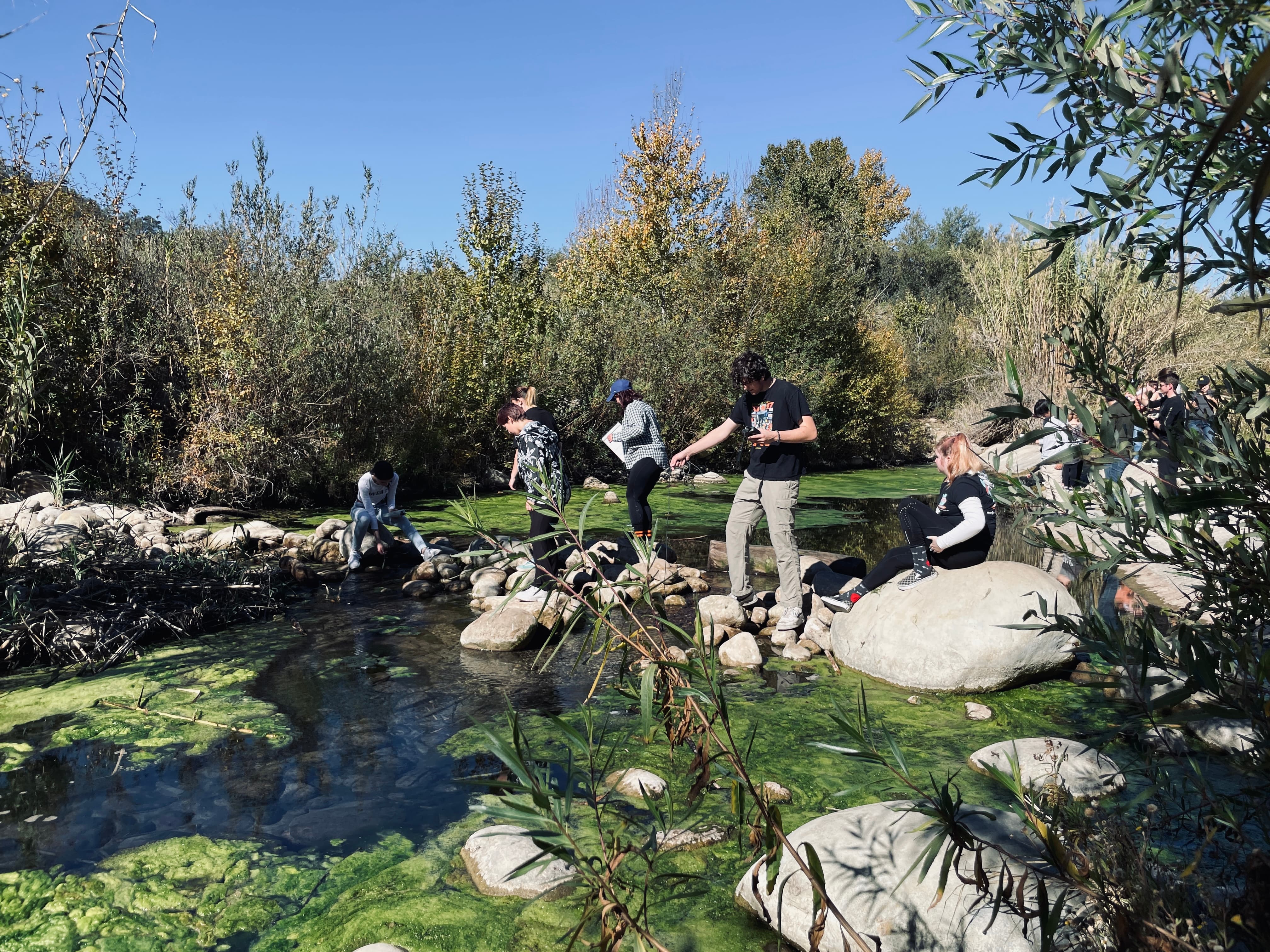What Are 21st Century Skills?
At the heart of the MWEE is the perspective that 21st century citizenship requires individuals to be critical consumers of scientific information relevant to their daily lives. Connected to this is the notion that upon high school graduation, all students should be "environmentally literate." In other words, students should be able to use critical thinking and problem-solving skills to develop an understanding of the interdependent relationships between people, societies, and Earth's natural systems and be able to apply their understanding to responsible, informed civic action.
According to the Partnership for 21st Century Learning, 21st century skills include the following:
Learning and Innovation Skills: These skills are recognized as the skills that separate students who are prepared for increasingly complex life and work environments in the 21st century from those who are not. A focus on creativity, critical thinking, communication, and collaboration is essential to prepare students for the future.
- Creativity and Innovation
- Critical Thinking and Problem Solving
- Communication
- Collaboration

Information, Media and Technology Skills: Today we live in a technology and media-suffused environment with access to an abundance of information, rapid changes in technology tools, and the ability to collaborate and make individual contributions on an unprecedented scale. To be effective in the 21st century, citizens and workers must be able to create, evaluate, and effectively use information, media, and technology.
- Information Literacy
- Media Literacy
- Information and Communication Technologies Literacy
Life and Career Skills: Today's students need to develop thinking skills, content knowledge, and social and emotional competencies to navigate complex life and work environments. Essential Life and Career Skills include:
- Flexibility and Adaptability
- Initiative and Self Direction
- Social and Cross-Cultural Skills
- Productivity and Accountability
- Leadership and Responsibility
Later, in the Lesson 1 Reflection, you will be asked to think about which of these skills you are practicing in your class or program and how a MWEE could help create new opportunities to practice these skills. On the next page you'll see how elementary students are practicing 21st century skills during their MWEE.
Supporting Literature:
Project-based learning helps students master key competencies essential for college and career readiness. This is supplemental information to the above content.
- Students demonstrate better problem-solving skills in project-based learning than in more-traditional classes and are able to apply what they learn to real-life situations. (Finkelstein et al., 2010)
- When teachers are trained in project-based learning methods, they devote more class time to teaching 21st century skills; their students perform at least as well on standardized tests as students engaged in traditional instruction. (Hixson, Ravitz, & Whisman, 2012)
- Project-based learning students also show improved critical thinking. (Beckett & Miller, 2006; Horan, Lavaroni, & Beldon, 1996; Mergendoller, Maxwell, & Bellisimo, 2006)
- Through project-based learning experiences, students improve their ability to work collaboratively and resolve conflicts. (Beckett & Miller; ChanLin, 2008)
- Opportunities for collaborative learning provide benefits to students across grade levels, academic subjects, and achievement levels. (Johnson & Johnson, 2009; Slavin, 1996)
- Students who participated in environmental education programs score higher on measures of critical thinking skills and demonstrated significantly more likeliness to apply those skills in the future. (Ardoin et al., 2018)
Source:
BIE Research Summary on the Benefits of Project-Based Learning